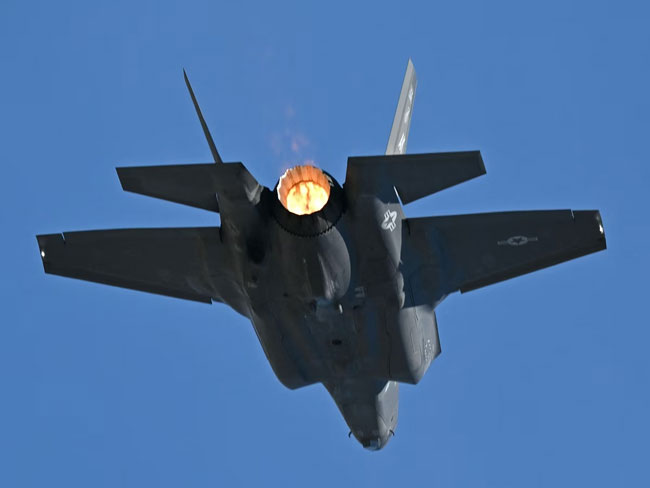Desk: Recently, Indian Prime Minister Narendra Modi was on a visit to the United States, where he met with President Donald Trump. During this visit, a new spark was seen in India-US relations, and Trump offered India the advanced F-35 fighter jets. The immense respect Modi received in the US has rattled Pakistan and its media.
Pakistan’s media organization ‘The Dawn’ published an editorial expressing concern, stating that India is leveraging its economic strength and diplomatic ties to shift blame onto Pakistan in the US. The editorial urged Pakistan not to remain silent.
Published on Sunday under the title “Maintaining Balance,” the editorial highlighted uncertainty over the short-to-medium-term future of US-Pakistan relations under Trump’s leadership. It stated that recent developments were concerning and that Pakistan’s Foreign Ministry was compelled to publicly express its concerns over the outcomes of Modi-Trump talks.
The editorial particularly pointed out Trump’s offer to sell modern military technologies like the F-35 fighter jets to India, which it claimed could impact Pakistan’s national defense.
It further expressed anger over the joint statement issued after the meeting, which called for bringing the perpetrators of the 2008 Mumbai attacks and the Pathankot attack to justice. The statement also emphasized that Pakistani territory should not be used for cross-border terrorism. Pakistan’s Foreign Ministry dismissed these references as “one-sided and misleading.”
The editorial also mentioned that the US has appointed Indian-origin scholar S. Paul Kapur as its representative for South and Central Asia, who is known for his aggressive stance on Pakistan. His appointment is seen in Islamabad as a signal of Washington’s tough approach toward Pakistan.
Making baseless accusations against India, the editorial further stated, “Pakistan’s concerns about India are legitimate. It appears that New Delhi is once again using its economic strength to evade accountability for its involvement in global terror networks while publicly shifting the blame onto Pakistan through its foreign partnerships.”
The editorial concluded by urging Pakistan not to remain silent and instead adopt a more proactive approach to establish its narrative on the global stage.




